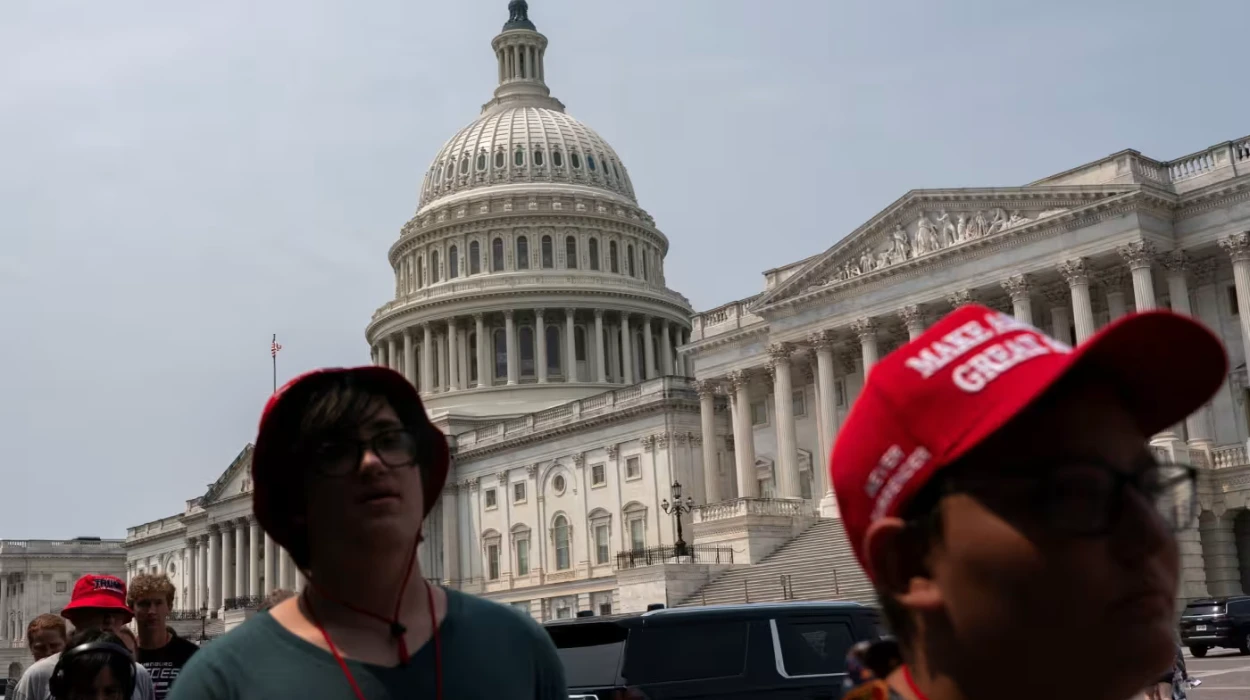This week, dozens of executives from some of the largest corporations in the world will visit Washington to oppose a proposal to increase taxes on foreign investments in the US, arguing that it might result in the loss of millions of American jobs.
The lobbying effort is aimed at a clause in Donald Trump‘s budget package that, if passed by Congress, would give the US the authority to tax businesses and investors from nations it believes have harsh tax laws. Executives worry that Section 899 of the bill may lead to a decline in corporate investment and a flight from US assets, which may impact investors, US companies with foreign owners, and foreign corporations operating in the United States.
Will Section 899 of Trump’s tax bill drive foreign investors away from the US?
The advocacy group’s almost 200 foreign-owned businesses in the US, including Shell, SAP, Toyota, and LVMH, are uneasy about the prospect of increased taxes. Many of them worry that the 8.4 million jobs they supply in America may be threatened.
In an effort to counter Section 899, a prominent financial trade group is also organising for its members to visit Washington this week to speak with Republican senators and Treasury officials. Over 70% of international corporations’ debt issuance in the US is underwritten by foreign banks’ US operations, accounting for over a third of all dollar-denominated debt issuance.
How would the new tax rules affect foreign-owned US companies?
The foreign banks reported lending over $1.3 trillion to US businesses in 2023, while their funding of foreign businesses helped foreign-headquartered businesses invest $5.4 trillion in the US, bringing in $270 billion in income. The IIB, which represents some of the largest banks in the world, such as BNP Paribas, HSBC, Royal Bank of Canada, Bank of China, and Mitsubishi UFJ Financial, is anticipated to advocate for a one-year postponement of the tax increases and a narrowing of the measure’s purview.
The bill specifically targets nations that impose what the US refers to as unfair international taxes. Britain, Australia, Canada, and the majority of EU nations would be impacted. Dividend and interest taxes on US equities and some corporate bonds would be raised by five percentage points annually for four years for foreign investors under Section 899.
Additionally, it would tax the now-exempt American portfolio assets of sovereign wealth funds. Section 899 would raise $116 billion over the next ten years, which is one of the ways that Republicans in Congress have tried to keep the cost of Trump’s “big, beautiful” tax package low.
However, the Congressional Budget Office estimates that the total plan will increase the US debt by $2.4 trillion by 2034. The chair of the House Ways and Means Committee, which writes taxes, Jason Smith, recently expressed his hope that Section 899 would not be implemented because other nations will amend their laws in response.





